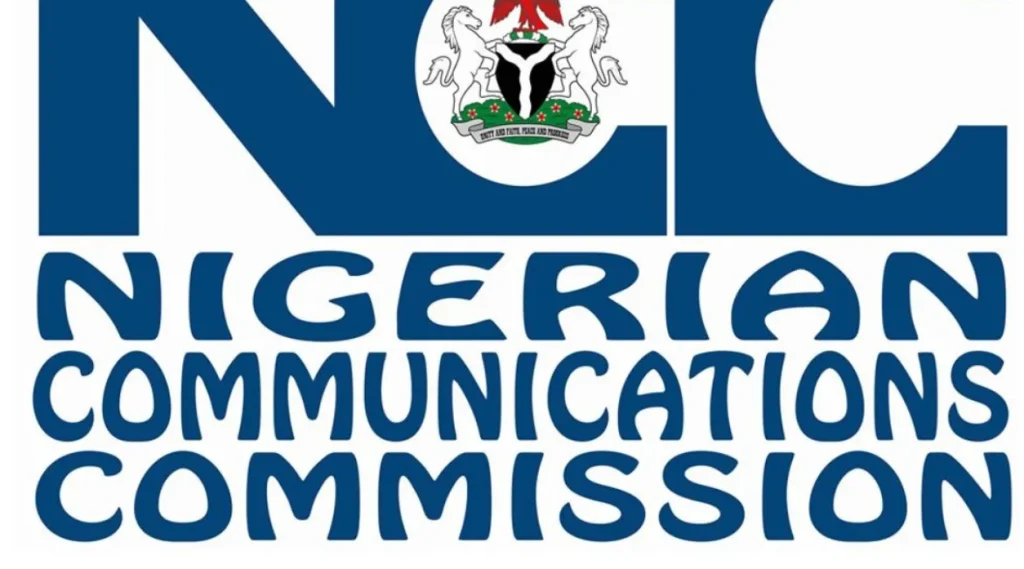NCC Moves to End Pre-Registered SIM Cards, Tighten Telecom Regulations
The Nigerian Communications Commission (NCC) has intensified efforts to eliminate pre-registered SIM cards and tighten telecom regulations across Nigeria.
The renewed push was announced during a public inquiry held on Tuesday at the NCC headquarters in Abuja, focusing on the review of three major subsidiary legislations:
- Licensing Regulations 2019
- Enforcement Process Regulations 2019
- Internet Code of Practice 2019
Strengthening Enforcement and Compliance
Speaking at the event, NCC Executive Vice Chairman, Dr Aminu Maida, represented by Executive Commissioner, Stakeholder Management, Barrister Rimini Makama, said the reforms are vital for addressing emerging challenges in Nigeria’s fast-evolving communications industry.
“The updated Enforcement Process Regulations will provide a transparent and accountable framework for compliance monitoring, investigation, and sanctions,” Dr. Maida stated.
He identified pre-registered SIM cards and call masking as persistent threats to national security, consumer protection, and operator revenue.
The enhanced enforcement framework, according to the NCC, will ensure that all industry players comply with the Commission’s standards while maintaining operational transparency.
Modernising Licensing Regulations
Dr Maida further explained that the Licensing Regulations have been revised to accommodate technological advancements and streamline business processes within the telecom sector.
“The revisions introduce provisions on general authorisations, license renewals, corporate restructuring, and sanctions—measures designed to encourage innovation and improve the ease of doing business,” he said.
These updates are expected to make Nigeria’s telecom licensing framework more adaptable, fostering innovation and investor confidence in the country’s expanding digital economy.
Safeguarding Digital Rights Through the Internet Code of Practice
The Internet Code of Practice is also being reviewed to strengthen user protection, promote an open internet, and ensure that service providers uphold ethical and technical standards.
Key focus areas in the revised Code include:
- Cybersecurity and data protection
- Artificial intelligence (AI) governance
- Child online safety
- Anti-spam regulations
- User privacy and digital rights
Dr Maida emphasised that these reforms will position the Nigerian communications sector as a trusted digital environment, balancing innovation with accountability.
Commitment to Transparency and Stakeholder Engagement
The Head of Legal and Regulatory Services at NCC, Mrs Chizua Whyte, represented by Head of Dispute and Litigation, Lawrence Abang, said the updates followed a six-month consultation process with industry stakeholders.
“The amendments reaffirm the Commission’s commitment to inclusive and transparent regulation, strengthen compliance mechanisms, and enhance investor confidence,” she said.
Whyte noted that the ongoing digital transformation requires regulatory frameworks that evolve in tandem with technological progress.
“The communications industry is undergoing significant transformation in this digital era,” she added. “Our regulations must adapt to protect consumers, stimulate growth, and maintain market integrity.”
Outlook: Toward a Safer and Smarter Telecom Ecosystem
The NCC’s renewed regulatory drive marks a decisive step toward curbing illegal SIM registration, enhancing national security, and building a transparent, technology-driven telecom ecosystem in Nigeria.
With stronger enforcement, modernised licensing, and a forward-looking Internet Code, Nigeria’s communications industry is set to become more secure, innovative, and globally competitive.












